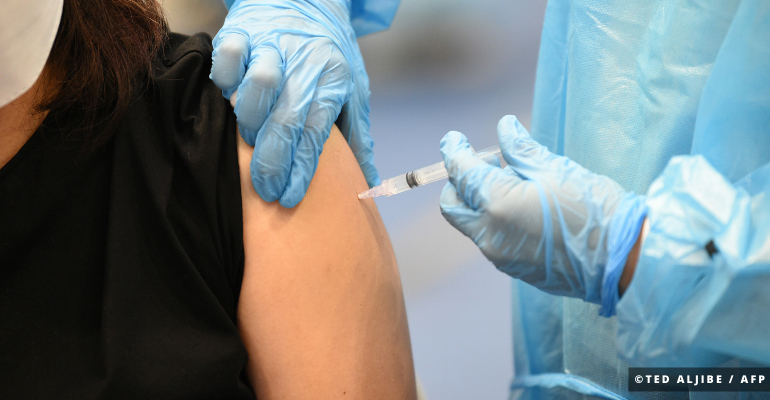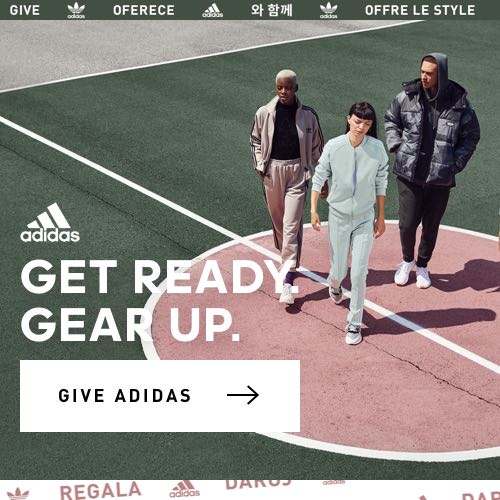Certain diseases need a follow-up dose to boost the effectiveness of the initial vaccines and further protect your immune system from acute infections.
According to the Centers for Disease Control and Prevention (CDC), a booster shot is an extended dose of a vaccine that would boost the effectiveness of the primary vaccination series. And while vaccinations really do enhance our immune system, their effectiveness, unfortunately, declines over time due to virus mutations. CDC added that the emergence of the Delta variant also contributed to the infectiousness of COVID-19.
Do we need a third dose?
Like most living things, diseases mutate to adapt to their changing environment. This means vaccines should also evolve along to continue battling these deadly viruses.
CDC said that a booster shot is especially needed “in people aged 65 and older” to significantly strengthen immunity that would keep them from contracting COVID-19 infections or toning the symptoms to a bare minimum. People with comorbidities are also advised to take the booster shot, especially those who didn’t adequately respond to the first two doses.
However, according to World Health Organization (WHO) Epidemiologist, Dr. Katherine O’Brien, there is no conclusive evidence yet that the majority of the people (fully vaccinated with no comorbidities) need a booster shot. “[…] the evidence shows that the vaccines that people have received are holding up really well to protect you against severe disease, against hospitalization, and against death. And that’s really the primary intent of the vaccines.”
Dr. O’Brien continued: “What we also see is that we’re in a really inequitable phase right now about who has already received the first and second dose to provide protection against the severe outcomes.”
In order to really gather reliable evidence on whether the booster shot is needed or not, the world has to continue vaccinating the population especially in the low-income and low-middle-income countries.
“It will reduce transmission. It will reduce the likelihood of more variants emerging, and it will give us time to see more of the evidence about whether or not booster doses will eventually be needed,” Dr. O’Brien said.
“Nobody is safe until we all have the opportunity to be vaccinated,” she added.
Watch Episode #53 of the World Health Organization: Science in 5 below to learn more about COVID-19 vaccine booster shots.
In a November 29 update, CDC reported that the recent emergence of the Omicron variant (B.1.1.529) has highlighted the importance of the primary vaccination series and the booster shots.
Clinical trial data also showed that “a booster shot increased the immune response in trial participants who finished a Pfizer-BioNTech or Moderna primary series six months earlier or who received a J&J/Janssen single-dose vaccine two months earlier.”
“With an increased immune response, people should have improved protection against COVID-19, including the Delta variant. For Pfizer-BioNTech and J&J/Janssen, clinical trials also showed that a booster shot helped prevent COVID-19 with symptoms,” CDC said.
COVID-19 Vaccine Boosters
The Department of Health (DOH) earlier announced that the A1 category can get their booster shots starting November 17, Inquirer.net reported.
However, only the approved booster shots will be inoculated to health workers, including a single dose for Pfizer, Sinovac, and AstraZeneca and half the regular dose for Moderna.
DOH also said it will allow brand mixing limited to its suggested mix and match.
Below are the booster shots you may get depending on the primary vaccines you have completed.
CoronaVac (Sinovac)
Who should get a booster? 18 years or older
When to get a booster? At least three (3) to six (6) months after completing the primary COVID-19 vaccination series
Which booster should you get? A full dose of AstraZeneca, Pfizer; half dose of Moderna
AstraZeneca-Oxford
Who should get a booster? 18 years or older
When to get a booster? At least six (6) months after completing the primary COVID-19 vaccination series
Which booster should you get? A full dose of Pfizer; half dose of Moderna
Pfizer-BioNTech
Who should get a booster? 18 years or older
When to get a booster? At least six (6) months after completing the primary COVID-19 vaccination series
Which booster should you get? A full dose of AstraZeneca; half dose of Moderna
Moderna
Who should get a booster? 18 years or older
When to get a booster? At least six (6) months after completing the primary COVID-19 vaccination series
Which booster should you get? A full dose of AstraZeneca, Pfizer
We will update this article as soon as additional information will be available.
Johnson & Johnson’s Janssen
Who should get a booster? 18 years or older
When to get a booster? At least two (2) months after completing the primary COVID-19 vaccination series
Which booster should you get? To be announced
Sinopharm
Who should get a booster? 18 years or older
When to get a booster? At least six (6) months after completing the primary COVID-19 vaccination series
Which booster should you get? To be announced
Bharat BioTech (Covaxin)
Who should get a booster? 18 years or older
When to get a booster? At least six (6) months after completing the primary COVID-19 vaccination series
Which booster should you get? To be announced
Gamaleya Sputnik V
Who should get a booster? 18 years or older
When to get a booster? At least six (6) months after completing the primary COVID-19 vaccination series
Which booster should you get? To be announced
– WhatALife.ph
Also Read: COVID-19 Booster Shots: Boon or Bust?



Leave a Reply